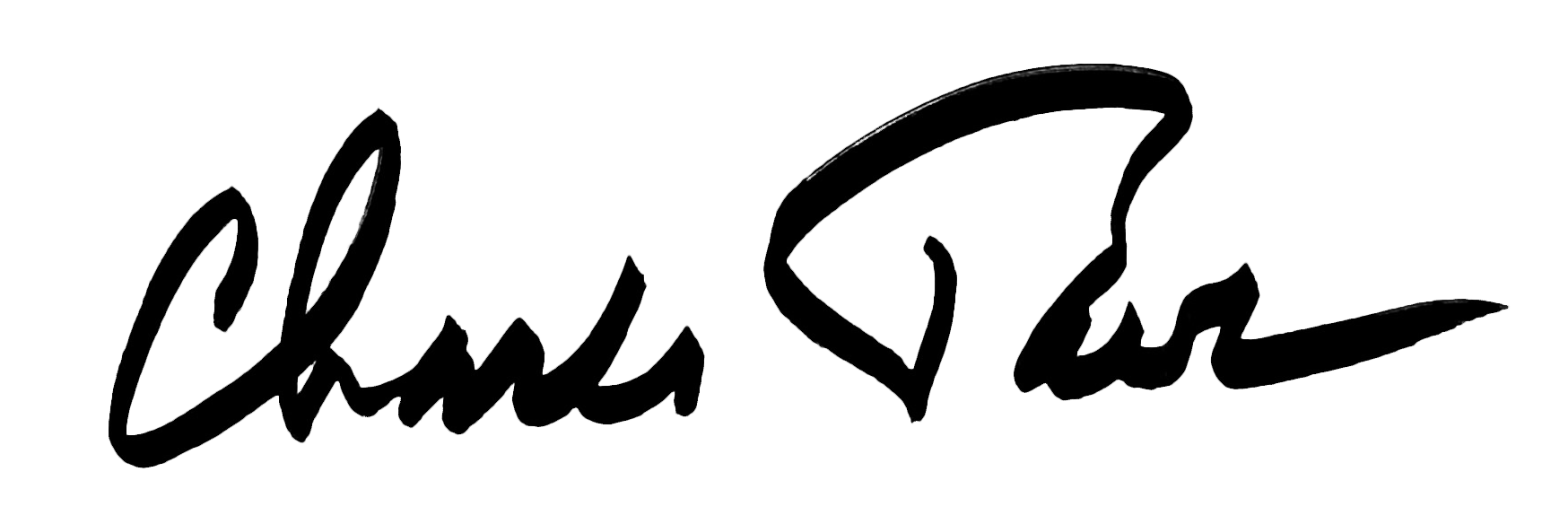They Banned WHAT?!
DISCLAIMER: The assumptions concerning the imagined process for banning a book in the following blog entry are for illustrative purposes. I am relying on my own encounters regarding the banning of books, such as Flowers for Algernon by Daniel Keyes, which was banned in the school system where I once worked by an assistant superintendent who admitted he had never read it. True story.
********
I belong to the Hanover Writers Club in Virginia, and at our monthly meeting this past Tuesday our group's president mentioned that a school system has banned my all-time favorite book, To Kill a Mockingbird by Harper Lee. Later, I found out that the system banning the book is in Biloxi, Mississippi. Part of me was shocked, especially when the person bearing this news mentioned it was banned because it "made people uncomfortable." Hello! That is what it is supposed to do. Still, part of me was sadly not surprised at all, especially considering the location of the school system and the current political climate in the United States.
First, understand that I have nothing against the state of Mississippi itself. My parents were born and raised there--though not raised to believe in the inferiority of any race--but I can also attest from having visited family there many times and having lived there as both a child and adult, that racism is, shall we say, a popular belief there.
I find it odd that the same people who have recently expressed impatience with such things as "political correctness" and "the government telling us what to do all the time" will also embrace banning a book, especially because they see the language as offensive. (The "N" word appears throughout To Kill a Mockingbird, but its presence is a necessity considering the lessons the book teaches.)
One thing about the banning that bothers me--besides the obvious attack against free speech--is that if taught well, TKaM is an exhortation to be careful about judging others by appearance alone, and that such words as the "N" word are hateful, hurtful, and as Atticus, the father of the first-person narrator says, "common." Having been raised in the South by a lady raised in Mississippi during the times depicted in the book, I can confirm that describing something as "common" is the ultimate insult about an action or, as in this case, a word. It implies that the word or action is beneath the dignity of humans.
Either the administrators in the Biloxi school district are unaware that this book teaches lessons against racism, or they are aware of it, which is even worse and almost certainly true. If they are aware the book teaches that non-white people as well as those labeled as "different" have been treated with extreme unfairness in our country, both in the past as well as the present, then banning the book is playing into the hands of those who seek to make us forget the sins of our past. It further leads me to consider these people to among the very seekers of which I speak.
Make no mistake. Banning the teaching of this American treasure is not to prevent students in middle school or high school from seeing the "N" word in print. The prohibition, either intentionally or unintentionally, serves to prevent students from learning that unfair treatment of non-white people has been going on for a long time. Racists are not portrayed in a positive way in Ms. Lee's book, which won the Pulitzer Prize for fiction. Therefore, those with racist attitudes are much more likely to find a problem with To Kill a Mockingbird.
Imagine a racist child coming home from school and telling racist Mom and racist Dad that the book they are studying in school says hating people who are not white is wrong. In the current political climate, I can see racist Mom and racist Dad taking steps to point out the "insensitivity" being displayed in the book. They would never tell the school superintendent that teaching children that racism is wrong is a bad idea, so they do what I call the "Me? Racist? dance" and couch their objections in more palatable terms.
On the other hand, perhaps the mom and dad who started this really do feel the words are "uncomfortable," and their complaint was not based on racist beliefs. (I taught English for nearly thirty years, and such things as banning a book almost ALWAYS start with a parent complaint.) If that is the case, perhaps the superintendent should have invited one or both of them to come to the class so they can observe how such "discomfort" is being handled by the teacher, and the value of the lessons being taught. Education, after all, is a good thing. The Biloxi school district should seize the opportunity to teach the parents something they didn't know, not bow down to their wishes.
To those who suggest any book should be banned, I say this: When you remove the rights of one person to exercise his or her right to free speech, you remove that right from everyone, including yourself. That said, if people wish to stand on street corners and rail against books they deem unsuitable, that's fine. If they wish to exercise their rights as parents to request their own child read a different book, they should do so, and with my blessing. However, they should never be allowed to prevent other students from reading and studying any book deemed good enough to study in a school classroom. That's called infringing on the rights of others.
And that, ladies and gentlemen, is wrong.
